Australia/Israel Review
The Women to Watch
Mar 29, 2019 | Naomi Levin
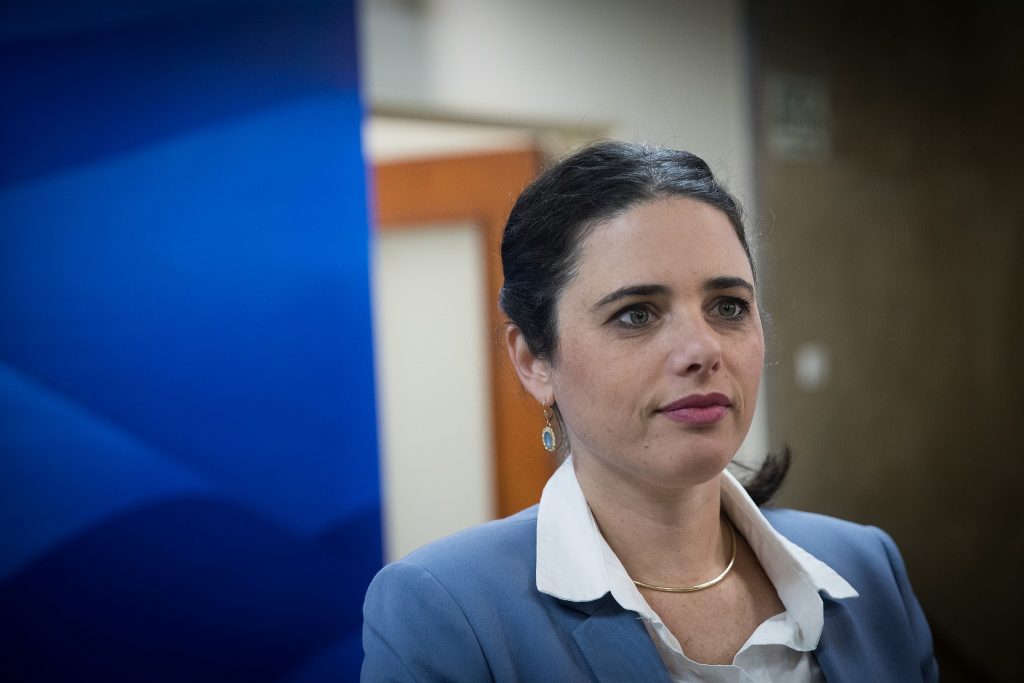
It is a familiar problem: a liberal, fair-minded nation collectively wrings its hands wondering why there are so few female political leadership prospects.
As Israel and Australia go to the polls in coming weeks, both societies are pondering how it is that women make up a minority of candidates likely to succeed at the ballot box.
Impressive, well-credentialed women have nominated across the political spectrum ahead of the April 9 Israeli election. However, too few are in prominent positions on their party’s ticket.
While it is of limited comfort to those advocating for greater gender equality, it is certainly worth noting that Israel is one of a minority of countries in the Middle East where women are actively encouraged to run for political office. From the Jewish right to the Arab left, women are representing a range of parties at the upcoming Israeli election. The list below is just a selection of key women contesting the election across the political spectrum.
AYELET SHAKED
The Justice Minister in the incumbent Netanyahu Government, Ayelet Shaked is currently one of the highest profile female Israeli politicians.
A former hi-tech executive, Shaked left the Habayit Hayehudi (Jewish Home) party to help form HaYamin HeChadash (The New Right), together with Education Minister Naftali Bennett, ahead of this year’s election.
HaYamin HeChadash includes both Orthodox Jewish representatives, such as Bennett, and secular Israelis, including Shaked.
Shaked is a political fighter who has tried to introduce radical judicial reforms as Justice Minister. These changes to Israel’s High Court – which is passionately and necessarily independent – were not agreed to by Netanyahu, so Shaked has taken them to the voters.
Her judicial proposals have endeared her to some, who believe her reforms would lead to a more robust and activist justice system. Others have severely criticised her, accusing her of trying to give politicians more power and the military fewer regulations, under the guise of reform.
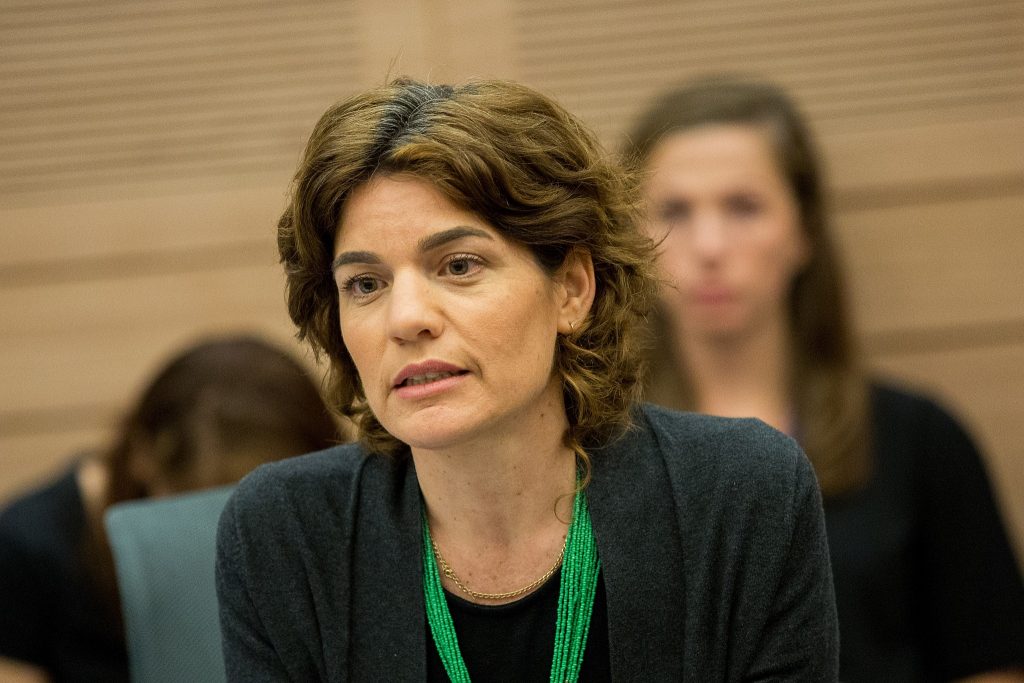 TAMAR ZANDBERG
TAMAR ZANDBERG
Tamar Zandberg is the leader of the left-wing Meretz party and made headlines during the election campaign by travelling to Ramallah to meet Palestinian Authority President Mahmoud Abbas.
A Member of the Knesset since 2013, Zandberg was elected party leader in 2018. As leader, she declared her ambition for Meretz to win 10 Knesset seats, double its current mandate.
Zandberg was pictured alongside Abbas in March 2019 in his Ramallah offices. She told journalists after the meeting: “Any [Israeli] government that is formed must commence negotiations. Meretz, the only party promoting the subject of negotiations and the two-state solution, intends to emphasise the issue in the election campaign and bring it to the door of the next government.”
Zandberg is a seasoned political professional, having worked as a political aide, then was elected to Tel Aviv Council before running for the Knesset.
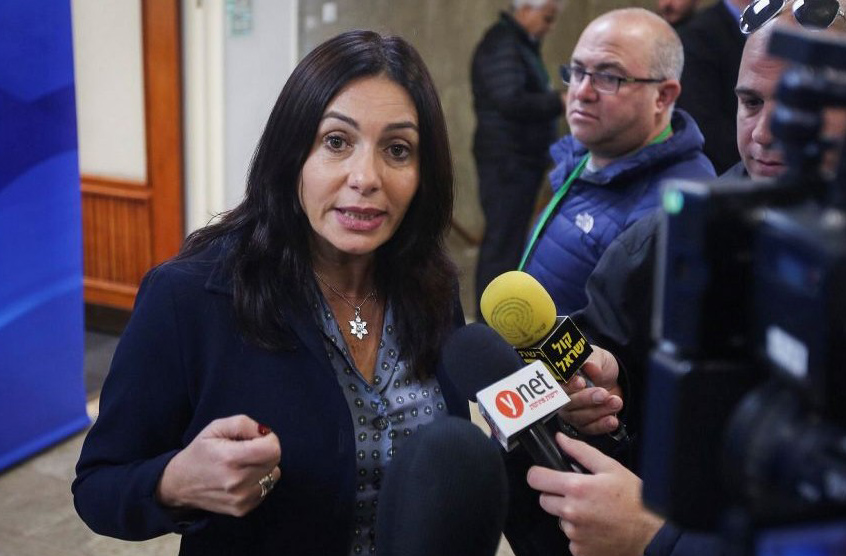 MIRI REGEV
MIRI REGEV
The highest-placed woman on the ruling Likud Party’s ticket at number six, Miri Regev serves as Minister for Sports and Culture in the current Netanyahu Government.
Regev served as spokesperson for the Israel Defence Forces until 2007. In 2008, she joined Likud and was elected to the Knesset the following year.
She is seen as one of Benjamin Netanyahu’s strongest supporters and has played an aggressive role attacking Netanyahu’s key political rival at this election, Benny Gantz from the Blue and White party. Her key attack line is to “out” Gantz as a leftist. Her sometimes harsh and unsubtle rhetoric has occasionally attracted controversy.
As Minister for Culture, Regev, whose family comes from Spain and Morocco, has sought to elevate Sephardi culture in the Israeli consciousness and on Israel’s vibrant arts scene.
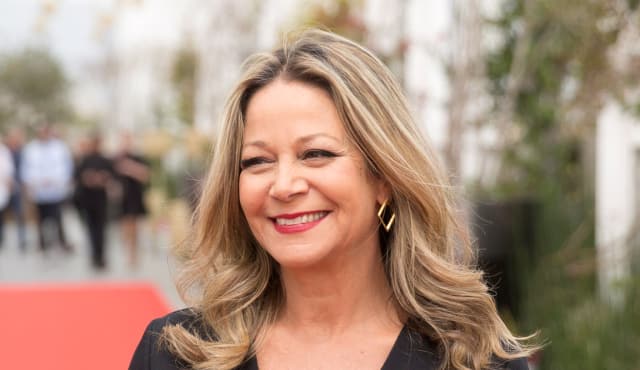 MIKI HAIMOVICH
MIKI HAIMOVICH
The main opposition coalition at this election is the Benny Gantz and Yair Lapid-led Blue and White coalition. To widespread criticism in Israel, the group, which is seen as a progressive alternative to the Likud-led ruling coalition, has not nominated a woman until spot number seven.
Miki Haimovich occupies that spot on behalf of Hosen L’Yisrael (the Gantz-led Resilience Party). Haimovich is a former prominent Israeli TV presenter whose political activism so far has included encouraging Israelis to eat less meat.
What Blue and White lacks in women at the top of the ticket, they make up for in diversity of background. Among those in winnable slots are Orthodox mother-of-five Omer Yankelevich; Orna Barbivai, the first Israeli woman to reach the rank of major-general in the IDF; Pnina Tamano-Shata, a current Ethiopian-born MK; and Gadeer Mreeh, a Druze-Israeli who became the first non-Jewish Israeli to anchor a Hebrew-language news broadcast.
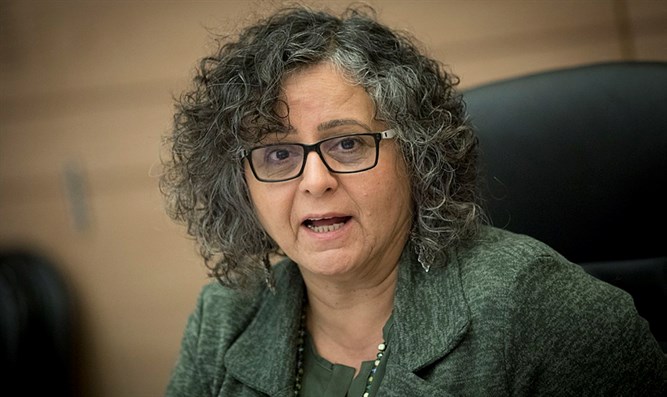 AIDA TOUMA-SULEIMAN
AIDA TOUMA-SULEIMAN
Representing the left-wing Hadash/Ta’al party on the United Arab List, Aida Touma-Suleiman is a Christian Arab Member of the Knesset seeking re-election.
Touma-Suleiman was first elected in 2015, following a career as a journalist and also the founder and CEO of the local organisation Women Against Violence.
She has continued to campaign for gender equality in the Knesset and, when nominated as chair of the Knesset Committee on the Status of Women and Gender Equality, she became the first Arab-Israeli woman to lead a Knesset committee. Her objective as committee chair was to focus on issues affecting disadvantaged women of all backgrounds in Israel, from the Bedouin to the ultra-Orthodox.
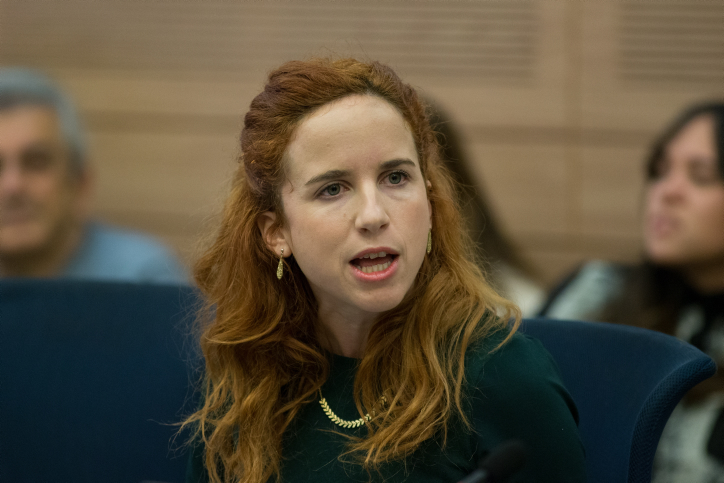 STAV SHAFFIR
STAV SHAFFIR
A former powerhouse of Israeli political life, the Labor Party is a shadow of its former self and limping into the election.
Stav Shaffir was first elected to the Knesset in 2013 and was the youngest female ever elected to Israel’s Parliament. She has been placed at number four on Labor’s 2019 ticket.
Shaffir was recruited to the party after emerging as a key leader in large protests against growing social and economic inequality and the rising cost of living in Israel in 2011.
She is a vocal campaigner against corruption in political life and has been particularly critical of Prime Minister Netanyahu as he faces serious bribery-related charges.
She is also an advocate for progress towards a two-state solution. “We have to start building our borders as we see them,” she said in an interview last year. “Everyone knows what the borders will look like. We’ve done it a million times.”
*****
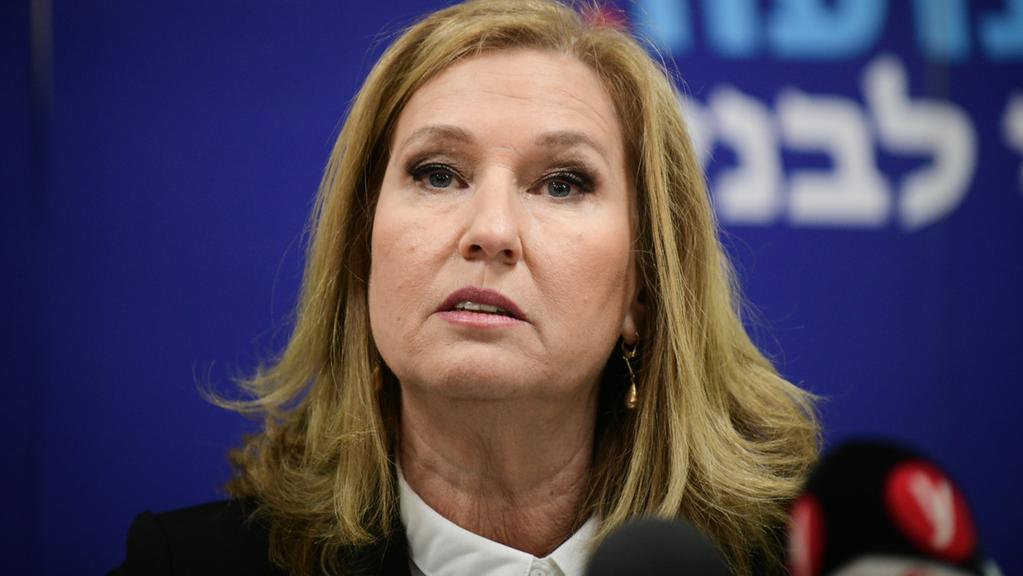 Farewell Tzipi
Farewell Tzipi
After being unceremoniously and publicly dumped by her coalition partner, Labor leader Avi Gabbay, Tzipi Livni announced her retirement from politics ahead of the April election.
Following her election in 1999, Livni, a former Mossad agent, rose through the Knesset ranks. She had been on the precipice of becoming Israel’s second female prime minister in 2009 but struggled to create a strong enough coalition to convince then-president Shimon Peres.
Instead, she served her country with distinction as deputy prime minister, foreign minister, justice minister and in numerous other significant roles.
She was a political chameleon, reflecting the Israeli penchant for party-hopping. Starting her career in Likud, she went on to represent Ariel Sharon’s Kadima (Forward) party and then established her own party, Hatnuah (The Movement).
Perhaps most importantly, Livni’s political career was dedicated to achieving peace in Israel. She served as her country’s lead negotiator with the Palestinians and emphasised that an independent Palestinian state was essential to retaining Israel’s status as a Jewish and democratic state.
At a press conference to announce her retirement, Livni said: “I am leaving politics but I will not allow the hope for peace to leave Israel.”






